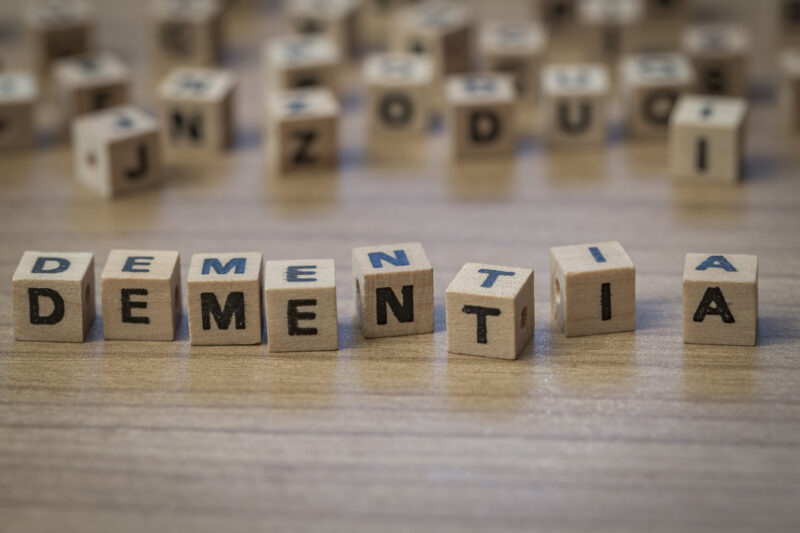Demystifying the Bond Between Aging And Memory Loss
Aging and memory loss often seem to go hand-in-hand in popular perception, raising fears over cognitive decline as we grow older. However, the relationship isn’t so straightforward. It’s true that normal aging can lead to certain cognitive changes, including slower thinking speed and challenges with multitasking. Yet, not all elderly individuals will experience significant memory loss, such as in Alzheimer’s or other forms of dementia.
Although the presence of age-related diseases can indeed influence memory performance, it’s essential to note that forgetfulness isn’t an inevitable result of aging. Healthy lifestyles, including physical exercise, mental work out, a balanced diet, and social engagement, can support cognitive health and may even delay the onset of serious memory disorders.
Therefore, the bond between aging and memory loss is complex and influenced by multiple factors, not a guaranteed outcome of growing older.
What contributes to Age-Related Forgetfulness According to Scientific Researches?
Age-related forgetfulness is primarily caused by changes in the brain structures and functions that occur with aging.
Scientists have identified that the hippocampus, a region involved in memory formation, shrinks as people age, potentially contributing to memory decline.
Moreover, older people often have reduced blood flow to the brain, impairing memory function. Also, levels of neurotransmitters associated with learning and memory decrease with age. An accumulation of damage to DNA, proteins, and lipids over time may also impact memory.
Lifestyle factors such as lack of physical exercise, insufficient sleep, stress, and poor diet can worsen memory loss. In addition, certain medications, and medical issues like dementia can cause forgetfulness.
The Difference Between Forgetfulness and Dementia
Forgetfulness and dementia are different in a few critical ways, mainly in their severity and impact on daily life.

Forgetfulness is a normal part of aging and it’s common for people to occasionally forget names, where they placed certain items, or the reason they entered a room. However, when these episodes become frequent and interfere with one’s ability to function independently, it may be a sign of dementia.
Dementia, which includes conditions like Alzheimer’s disease, is not a normal part of aging. It often involves memory loss, difficulties in thinking, problem-solving or language, changes in mood, or periods of confusion that get progressively worse over time.
It’s important to note that not all memory concerns indicate dementia, but any significant changes should be discussed with a healthcare provider.
How To Improve Memory Despite Aging
Aging often brings about changes in cognitive skills such as memory, leading to occasional forgetfulness. However, there are several ways you can bolster your memory.
First, maintain a healthy lifestyle by being physically active, eating a balanced diet, and getting proper sleep. This not only assists in overall function, but also improves cognitive skills.
Second, keep your mind active by engaging in mental exercises like reading, puzzles, or learning a new skill. This helps in building new neural pathways, thus improving memory.
Another way could be practicing mindfulness. Regular meditation and memory training exercises can significantly enhance recall.
Keeping a regular schedule and writing down information can also be beneficial.
Social interaction is another overlooked factor; staying socially active and maintaining strong emotional connections can help preserve mental agility.
Finally, regular check-ups and seeking professional help when critical can also play a pivotal role. Thus, while aging might be inevitable, memory decline can be managed effectively.
Medical Treatments for Age-Related Forgetfulness
There are medications available, including cholinesterase inhibitors and glutamate regulators, which can help slow memory decline in cases of dementia or Alzheimer’s.
Additionally, cognitive behavioral therapy (CBT) and memory training exercises may aid with mild cognitive impairment.
Consultation with a healthcare provider is recommended for personalized treatment plans. It’s also crucial to differentiate between normal age-related forgetfulness and significant memory loss, such as dementia.
Lifestyle to Improve Age-Related Forgetfulness Also Helps Your Total Quality of Life.
Making lifestyle changes to improve age-related forgetfulness can significantly enhance overall quality of life.
Physical activities and exercises boost brain health by increasing the circulation of blood that helps to create new nerve cells.
A healthy diet rich in fruits, vegetables, and whole grains, provides the brain with necessary nutrients.
Mental stimulation like learning new skills or hobbies, challenge brain and stimulates neural connections.
Regular sleeping patterns, allows brain to consolidate memory and learning.
Reducing the stress level with relaxation and social engagement also supports mental function.
These changes will not only enhance memory function but also improve physical health and emotional well-being, leading to a better quality of life.


